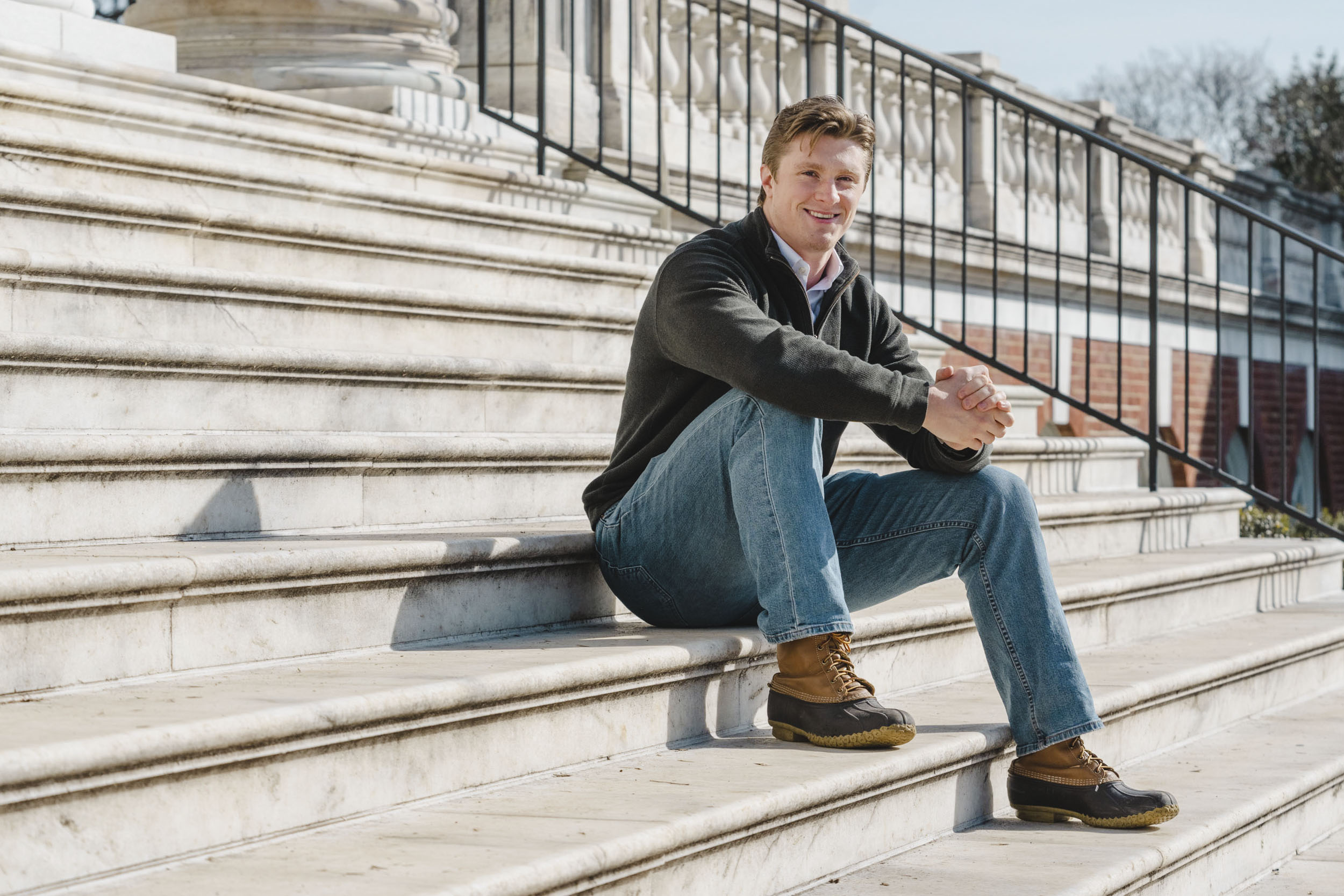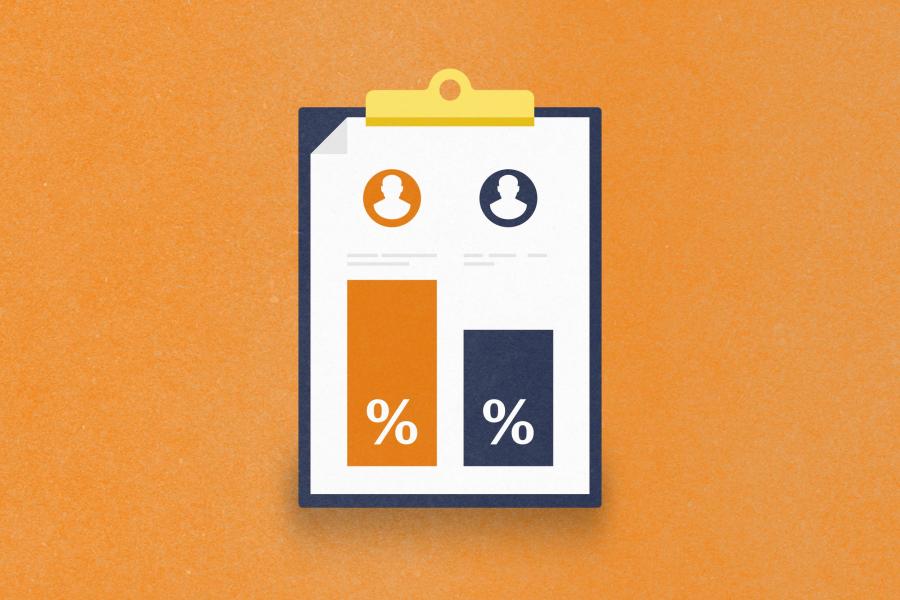In the early days of the pandemic, Douglas Pula realized that he might have found a calling.
He’d finished his undergraduate degree at Yale University in 2019 and started a finance job in New York at JPMorgan Chase & Co., but his interests were moving toward health and wellness. Then the coronavirus caused New York to go into lockdown in March 2020.
“So there I was,” he recalled recently. “Most people were working from home, and there was a lot of uncertainty. I saw it as a chance to make the most of a difficult situation.”
Pula moved back to his native New Jersey and began volunteering as an ambulance EMT. He was also thinking hard about how he wanted to spend the rest of his professional life.
“I really enjoyed working in the ambulance,” he said. “Then I got the opportunity to work at my sister’s hospital – she’s a resident. I was working as a scribe with orthopedic surgeons. I started to really love it. I had a good relationship with the surgeons I was working with, and I was able to see full days of surgery.”
The experience made an impression, and Pula found himself applying to the University of Virginia’s post-baccalaureate pre-medical program in the School of Continuing and Professional Studies, a one-year program that helps students without undergraduate science degrees get ready for medical school.
He also recently won a national scholarship award from Liaison, the creators of the Post Baccalaureate Centralized Application Service, for an essay he wrote on the future of medicine and technology. Pula recently talked about the award, his experience in the program so far, and why it’s never too late to pursue a career in medicine.
Q. When you were working at the hospital and volunteering as an EMT, what made you think that medicine might be the career for you?
A. When I started as an ambulance driver, that was my first real exposure to sick people in times of need. I was also working in orthopedic trauma, which involves a lot of patients from car accidents. I started to realize that with health care, there’s always a way to get involved and to help provide superior care to those in need. It’s very much like being an athlete. When you have a goal in mind, you’re trying to get better every day and improve with your teammates. I count myself pretty fortunate that I had those experiences.
I started to really love it. I had a good relationship with two surgeons I was working with, and I was able to see full days of surgery. I would take Fridays and sit in the surgical theater to observe. My first operation to watch was actually a prosthetic hip replacement. I saw the surgical team gown up in full hazmat PPE and I thought, “Oh, this must be a COVID precaution” – and then I saw the bone saw come out. And I thought, “Well, this is medicine.”
I also saw a cardiac bypass graft. I remember the surgical team working in concert with each other, putting the heart onto a bypass machine, packing the chest with ice, then doing microsurgery. After, they take the heart off the bypass and restart it. It’s like witnessing a modern miracle.










